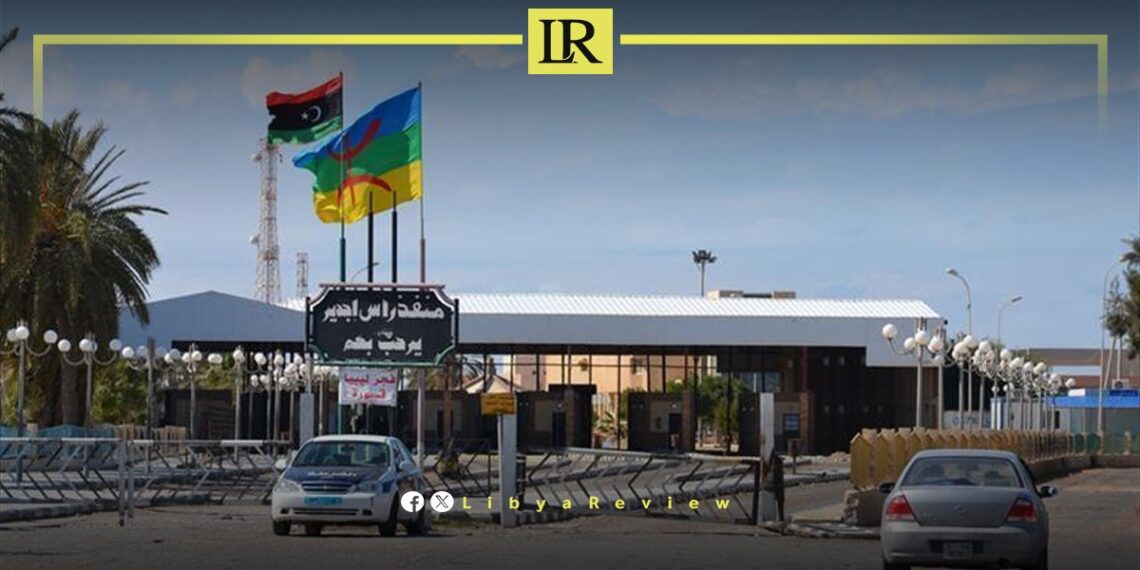Amid escalating security tensions in Libya, Mustafa Abdel Kabir, head of the Tunisian Observatory for Human Rights, has denied widespread rumors regarding the closure of the Ras Ajdir border crossing with Tunisia.
This crossing serves as a crucial economic and social lifeline for towns situated along the two nations’ border. Despite these tensions, Tunisian institutions have maintained their presence in the Libyan market, benefiting from robust trade relations.
In press statements, Abdel Kabir clarified that the road leading to the crossing had been blocked due to a sit-in from the Libyan side, emphasizing that the crossing itself remains open on both sides. While Tunisians can cross, Libyans are being prevented due to the presence of protestors. This sit-in has resulted from unmet demands by relevant Libyan authorities and protests against certain security practices described as unacceptable.
The reopening of the crossing resulted from an agreement between the Tunisian government, the outgoing government of Abdulhamid Dbaiba, and other Libyan entities.
However, deep-rooted disagreements persist between Dbaiba’s government and the municipality of Zuwara, particularly regarding security deployment and trade exchanges, making the reopening process fragile and unstable.
Despite the challenges, Abdel Kabir expressed optimism about possible solutions that Libyan authorities could adopt to contain current disagreements and restore stability to the Ras Ajdir border crossing. This stance reflects a genuine desire for a peaceful resolution of existing issues despite tensions and armed confrontations at the crossing on Saturday between forces affiliated with Dbaiba’s Interior Ministry and armed groups from Zuwara.
Cross-border trade between Libya and Tunisia is vital for the economy of border regions, where many families rely on smuggled goods and fuel for their daily needs. Political and economic disputes in Libya have increased smuggling activities, while Tunisia has had to cope with this phenomenon to alleviate economic burdens on its border citizens.
The cessation of smuggling operations has directly impacted the local economy in Ben Gardane and other Tunisian towns. These towns have experienced a rise in prices for essential goods and fuel, exacerbating the hardships of residents who depend on these smuggled items for their daily needs. Additionally, the halt in smuggling has resulted in the loss of numerous jobs associated with these operations, further increasing unemployment rates in these regions.
In response to these circumstances, the local council of Ben Gardane issued a statement threatening to close the border if smuggling operations are not resumed. This threat underscores the severity of the crisis faced by the town and highlights the importance of smuggling as a component of the local economy. While this threat may seem like an escalation, it reflects the desperation of the local population and their desire for immediate solutions to the economic crisis.
On the Libyan side, the smuggling of fuel and goods is a significant issue impacting the national economy. Libya loses millions of dollars annually due to the smuggling of fuel and goods to neighboring countries. Consequently, Libyan authorities have made a decisive move to halt these operations to protect the national economy and enforce security measures.


